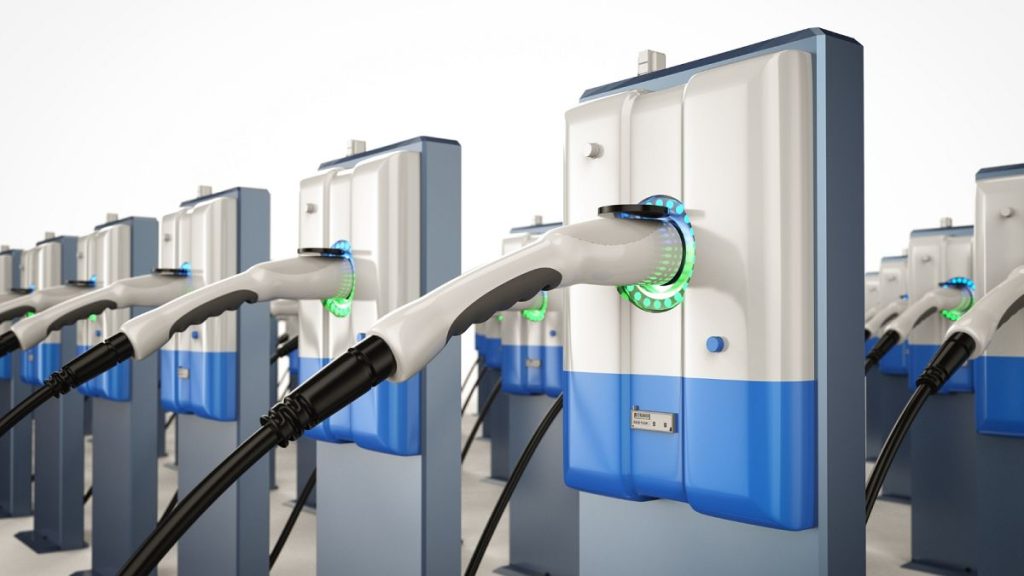The advent of electric vehicles (EVs) has ushered in a new era of transportation, promising reduced emissions and a shift away from fossil fuels. However, alongside the excitement, potential EV owners grapple with new maintenance concerns, particularly regarding the impact of fast charging on battery longevity. While earlier beliefs suggested that frequent Direct Current (DC) fast charging could detrimentally affect battery lifespan, recent research, coupled with advancements in battery technology, presents a more nuanced perspective. Modern EVs, equipped with sophisticated battery management systems, are increasingly capable of handling frequent fast charging without significant degradation.
A key study by Recurrent, analyzing real-world data from thousands of EVs, found no substantial difference in battery range degradation between vehicles that frequently utilized fast charging and those that didn’t. It’s important to note that this research primarily focused on newer models, and the long-term effects of fast charging over a decade or more remain to be fully understood. Nevertheless, the study challenges the previously held notion that frequent fast charging is inherently damaging, particularly for vehicles with advanced battery management systems (BMS). These systems meticulously monitor and regulate each battery cell’s voltage, current, and temperature, preventing overcharging and overheating, which are major contributors to battery degradation.
Thermal management is crucial to battery health, especially during fast charging. Heat is a known enemy of batteries, and modern EVs employ sophisticated thermal management systems (TMS) to keep battery cells at optimal temperatures. These systems, often utilizing liquid cooling or even air conditioning, significantly reduce the stress placed on the battery during fast charging. Working in conjunction with the BMS, the TMS ensures safe and efficient charging, mitigating risks like thermal runaway, a dangerous condition where excessive heat can lead to catastrophic battery failure. This synergistic approach enhances both battery lifespan and charging safety.
Battery chemistry also plays a significant role in how well a battery tolerates fast charging. Lithium Iron Phosphate (LFP) batteries, gaining popularity among EV manufacturers like Tesla, are known for their robustness under high charging rates. In contrast, Nickel Manganese Cobalt (NMC) batteries, while offering higher energy density, are more susceptible to wear and tear, particularly in high-temperature environments. However, ongoing advancements in battery technology, including improved BMS algorithms, are mitigating some of these challenges, making both LFP and NMC batteries more resilient to the stresses of fast charging. The choice of battery chemistry often involves balancing factors such as fast-charging capability, overall durability, energy density, cost, and environmental impact.
While modern EVs are generally well-equipped to handle fast charging, certain conditions can still pose risks to battery health. Extreme temperatures, both hot and cold, can stress the battery, especially if the battery isn’t preconditioned to an optimal temperature range before charging. Charging a very low or nearly full battery also contributes to degradation, as these states increase resistance within the battery cells. Similarly, consistently charging to 100% puts more strain on the battery than stopping at around 80%, as the final phase of charging generates more heat. Furthermore, while the impact is often minimal in well-managed systems, vehicles subjected to both high mileage and frequent fast charging might experience slightly accelerated wear.
To minimize battery degradation and ensure optimal battery health, several best practices should be followed. Preconditioning the battery before charging, especially in extreme weather, is highly recommended. This involves heating or cooling the battery to an ideal temperature range, allowing for a gentler and more efficient charging process. Avoiding regular charging to 100% and aiming for 80% instead also helps prolong battery lifespan. Balancing fast charging with slower Level 2 charging whenever possible further reduces stress on the battery. Finally, adhering to the manufacturer’s recommended charging practices is crucial, as these guidelines are tailored to the specific battery chemistry and management system of the vehicle.
The future of fast charging looks promising, with ongoing research and development paving the way for even faster and more efficient charging technologies. Emerging ultra-fast chargers, exceeding 350 kW, promise to drastically reduce charging times, potentially reaching 80% charge in just 15 minutes. Advancements in battery technology, including the development of solid-state and lithium-sulfur batteries, hold the potential for even greater energy density, faster charging rates, and improved longevity. Coupled with smart charging infrastructure that optimizes charging based on factors like grid demand and battery condition, the future of EV charging looks set to become increasingly convenient, efficient, and reliable. These advancements will further alleviate range anxiety and contribute to the wider adoption of electric vehicles as the dominant mode of transportation.














